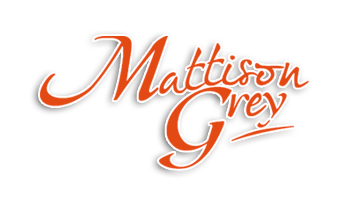Take that!
Is it sometimes difficult for you to “take a compliment”? Do you cringe a little when you get praised? Well, you are not alone in being uncomfortable accepting compliments, praise, appreciation and thank you, and there’s a good reason why. If you really think about it, none of these communications are actually about you as the receiver. They are about the person giving the compliment, praise, appreciation or thanks. Let’s look at few examples: Compliments sound like this “I really like the colors you used on the cover of your book.” Ask yourself who really likes it? This statement is about the speaker and what the speaker likes. How about another example? “I really appreciate the extra time you took with me on that project.” Again, who really appreciates it? I could go on, but I think you get the idea.
The vast majority of our communication falls into this trap. The irony is that when we are giving praise and appreciation we think we are talking about the other person, and we expect those statements to contribute to them. When in fact, they are really about what the speaker appreciates and values, and more than half the time they create more “resistance” in the receiver than receptivity. This is why we have a difficult time hearing and accepting praise and appreciation . Taking a compliment becomes easier when you understand that it actually isn’t about you and the person is communicating what is important to them. When we understand this shift, we can learn to accept the compliment for what it really is, a statement about what is important to the other person.
The other solution (which I think is a better one) is to shift our language to results based communication — something I call acknowledgment. Acknowledgment is stating results or actions with a tone of appreciation or curiosity, without judgment and without making it about you as the giver. This is easier said than done, but well worth the effort. Acknowledgement makes the communication completely about the receiver and their actions, and because it is about results or actions the mind can’t argue and the acknowledgement is better received. When they do get compliments people will sometimes ask clarifying questions to try to understand what the person was referring to. This is a common strategy to get at the specific action or result they are offering compliments, praise or appreciation about. The solution to the lack of clarity in the exchange is the language of acknowledgment.
The communication tool of acknowledgment to overcome the limitations of praise, compliments and appreciation is so powerful Jonathan Manske and I have written an entire book on it. Our culture has a long standing romance with praise compliments and appreciation, but they don’t work nearly as well as we assume they do, that is why we titled our book The Motivation Myth. If you really want to dig into this distinction, and learn a powerful new tool, I highly recommend it. http://redev.mattisongrey.com/wp/the-motivation-myth/





Leave a Reply
Want to join the discussion?Feel free to contribute!